Dried Mustard Powder Substitute: Exact Conversion Chart & How to Activate Properly
If you're searching for how to replace prepared mustard with dried mustard powder in recipes, here's the direct answer: use 1 teaspoon dried mustard powder to replace 1 tablespoon prepared mustard. This precise conversion ratio solves the most common kitchen dilemma when a recipe calls for prepared mustard but you only have the powdered form.
Unlike prepared mustard which already contains vinegar and water, dried mustard powder requires activation to develop its signature heat and flavor. When liquid is added, the enzyme myrosinase activates, breaking down compounds to release pungent isothiocyanates. This chemical reaction is why proper activation matters more than simply swapping quantities.
| Prepared Mustard | Dried Mustard Powder | Liquid Required | Activation Time |
|---|---|---|---|
| 1 tablespoon | 1 teaspoon | 1 teaspoon vinegar/water | 5-10 minutes |
| ¼ cup | 1 tablespoon | 1 tablespoon vinegar/water | 5-10 minutes |
| ½ cup | 2 tablespoons | 2 tablespoons vinegar/water | 5-10 minutes |
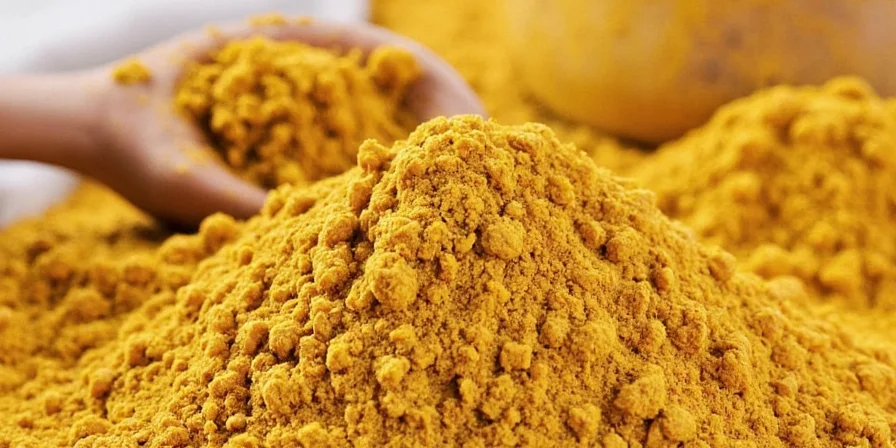
The Science Behind Mustard Activation: Why Timing Matters
Dried mustard powder contains inactive enzymes that only become active when liquid is introduced. The critical enzyme myrosinase breaks down glucosinolates into pungent compounds called isothiocyanates. This reaction peaks between 10-15 minutes after liquid contact:
- 3-5 minutes: Mild flavor development (ideal for delicate sauces)
- 8-10 minutes: Balanced flavor profile (best for most recipes)
- 15+ minutes: Maximum heat intensity (use for bold applications)
Pro Tip: Acidic liquids like vinegar slow the reaction, while neutral liquids like water accelerate it. For precise heat control, mix powder with vinegar first, then add water if needed.
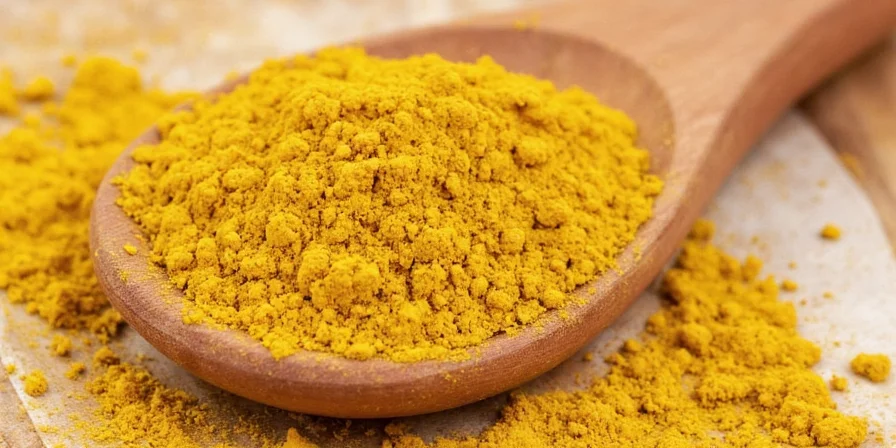
7 Practical Applications for Dried Mustard Powder Beyond Substitution
Meat Tenderizing Powerhouse
When applied to meats like brisket or pork shoulder, dried mustard powder helps break down muscle fibers. Use 1-2 teaspoons per pound of meat in dry rubs, allowing 30 minutes for penetration before cooking.

Marinade Flavor Enhancer
Add depth to oil-based marinades with garlic, paprika, and soy sauce. The powder's enzymes help break down proteins while adding earthy warmth that balances sweetness in BBQ applications.
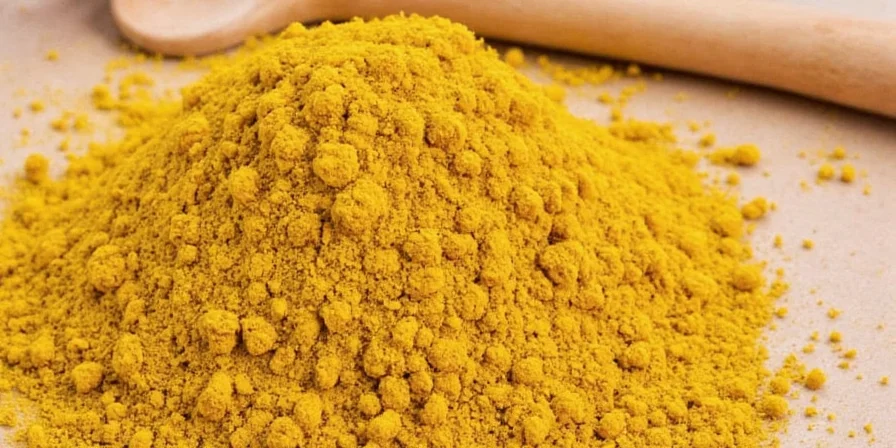
Pickling Brine Booster
Combine 1 tbsp dried mustard with 1 tsp dill seeds and ½ tsp coriander in standard quart-sized pickle brines. The powder enhances preservation while adding complex flavor notes.
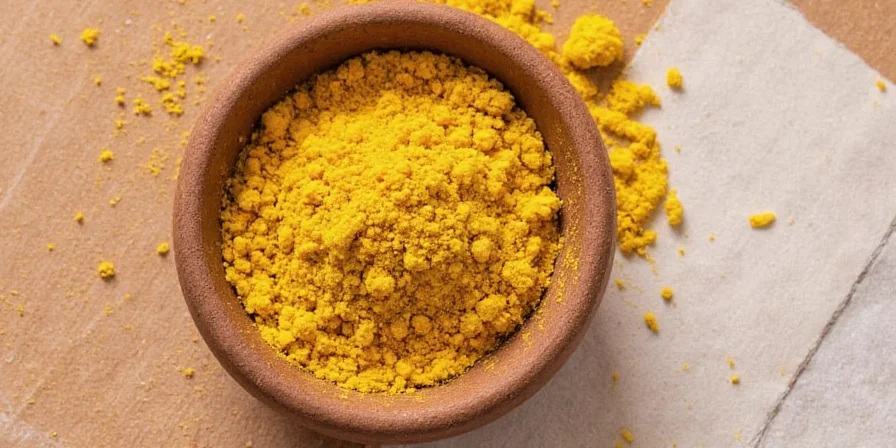
Homemade Mustard Base
Create custom mustard by mixing 2 tbsp powder with 1 tbsp apple cider vinegar, 1 tsp honey, and water to desired consistency. Let sit 10 minutes for full flavor development.
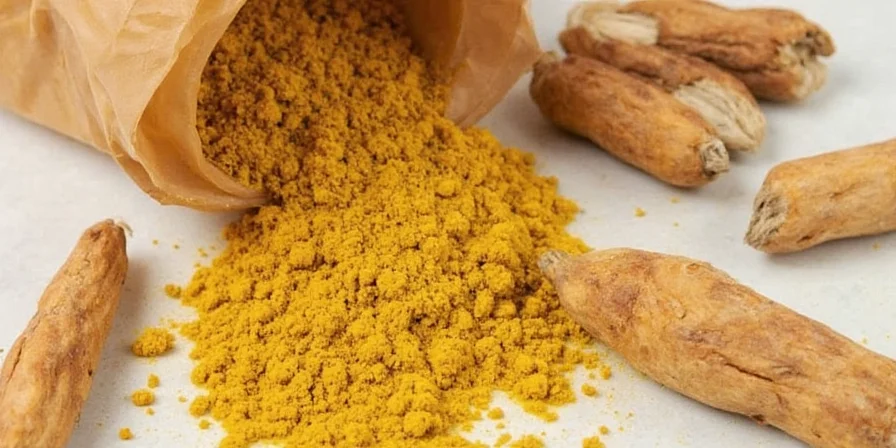
Salad Dressing Secret Ingredient
Add complexity to vinaigrettes or creamy dressings. Just ¼ teaspoon transforms basic dressings with depth while emulsifying ingredients naturally.
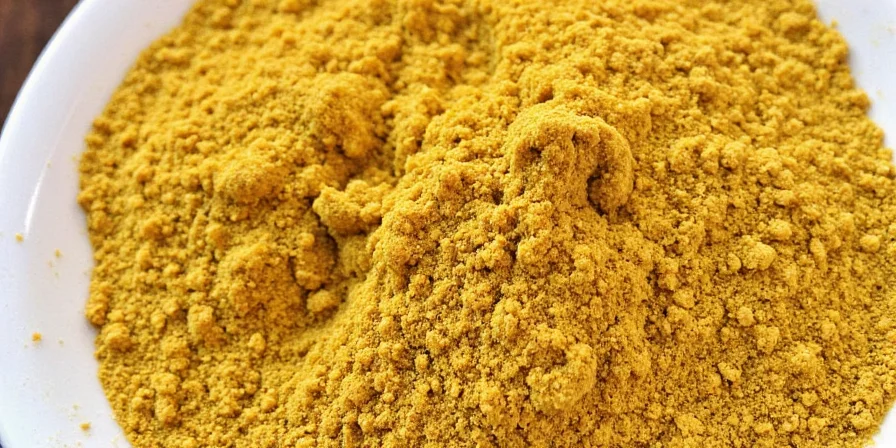
Gravy and Sauce Enhancer
A pinch (⅛ teaspoon per cup) adds background warmth to cheese sauces, beef gravies, and creamy horseradish sauces without overpowering other flavors.
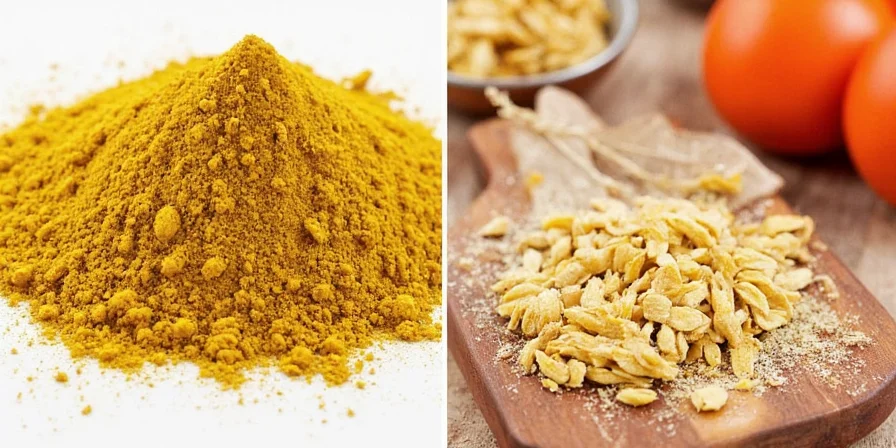
Sweet Heat Glaze Component
Combine with honey in 1:2 ratio (mustard:honey) for glazes on roasted vegetables, proteins, or even dessert applications like bacon-wrapped dates.
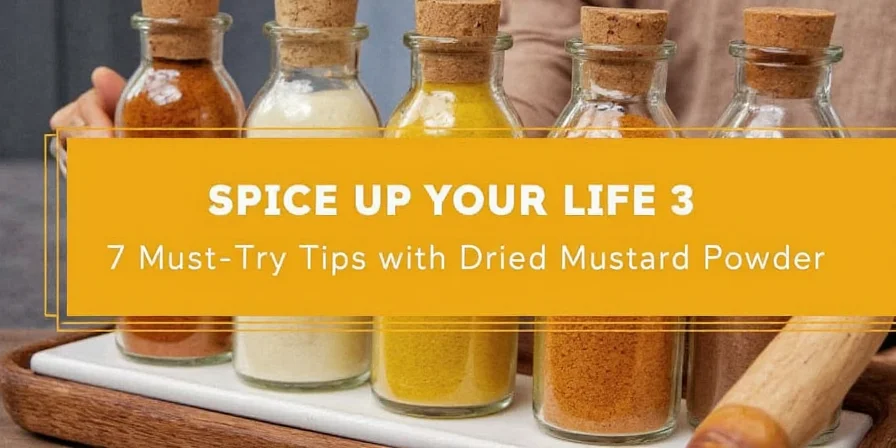
Storage Secrets: Maximizing Shelf Life
To preserve potency and flavor:
- Store in airtight container away from light and moisture
- Keep in cool, dark pantry (not near stove or sink)
- Maximum shelf life: 18-24 months when properly stored
- Test potency by rubbing pinch between fingers—if aroma is weak, replace
Mustard Seed Varieties and Their Culinary Impact
| Seed Type | Flavor Profile | Best Substitution Ratio | Activation Time |
|---|---|---|---|
| White/Yellow Mustard | Mild, tangy | 1:1 standard ratio | 8-10 minutes |
| Brown Mustard | Spicy, pungent | Reduce by 25% | 12-15 minutes |
| Black Mustard | Intense heat, nutty | Reduce by 50% | 15+ minutes |
Understanding these differences helps you adjust recipes when using specific mustard seed varieties in powdered form.
Mustard Powder Substitution FAQs
Why does my substitution taste different from prepared mustard?
The difference comes from activation time and liquid choice. Prepared mustard has already completed its enzymatic reaction. For closest match, mix powder with vinegar and let sit 10 minutes before using. Adding a pinch of turmeric mimics the yellow color of standard prepared mustard.
Can I use dried mustard powder in baking recipes?
Yes, but with adjustments. In bread recipes, use ¾ teaspoon powder per tablespoon of prepared mustard, mixing with liquid ingredients first. The powder enhances flavor development in pretzels, dinner rolls, and cheese breads without affecting rise.
Does the brand of dried mustard powder affect substitution?
Yes. Some commercial brands add anti-caking agents or salt that alter potency. For precise substitution, use premium spice brands without additives, or adjust ratios based on taste testing. Organic, pure mustard powder yields most consistent results.
How does dried mustard powder compare nutritionally to prepared mustard?
Per teaspoon, dried mustard powder contains 5 calories, 1g carbs, and no fat, while prepared mustard has 3 calories, 0.5g carbs, and no fat. The powder concentrates flavor compounds, so smaller amounts deliver equivalent flavor impact with minimal nutritional difference.

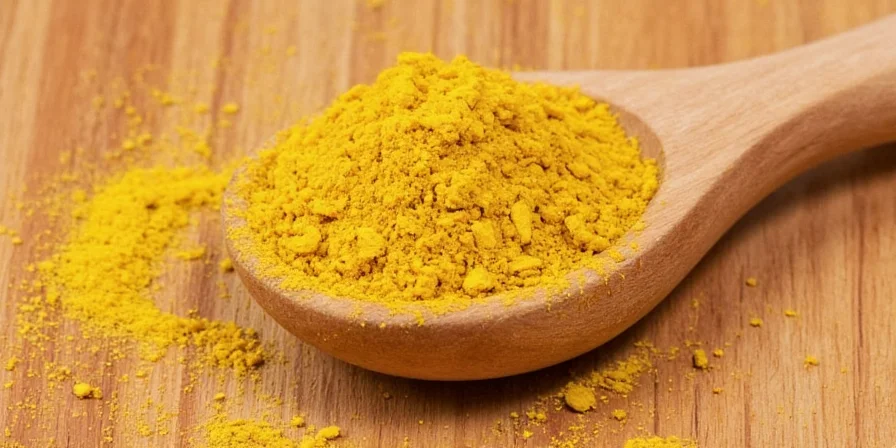









 浙公网安备
33010002000092号
浙公网安备
33010002000092号 浙B2-20120091-4
浙B2-20120091-4